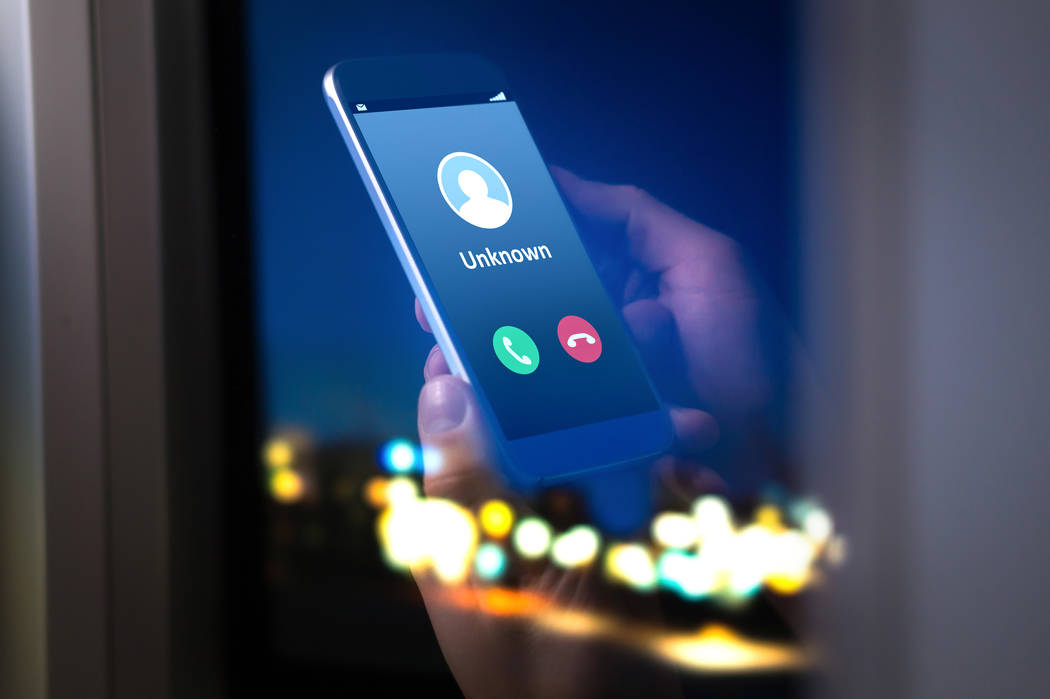Ongoing battles against robocalls fought in Nevada, US
If you think you have been receiving more calls on your cellphone from numbers you don’t know, you are not alone.
A recent report from the Federal Communications Commission estimates that nearly half of calls placed to U.S. cell phones in 2019 will be unwanted. “Neighbor spoofing” technology, which appears to originate from a familiar area code, no matter the actual source, will be responsible for nine of 10 of these calls.
Officials in Washington and Carson City are working to address this problem.
In Nevada’s capital, Senate Bill 220, which aims to strengthen internet privacy protections for consumers by letting them demand websites and other online services not sell their personal information, remains alive in the 79th legislative session, but needs to pass out of an Assembly committee by Friday.
The FCC said Wednesday that it will vote in June on whether to let wireless carriers block spam calls by default, which should mean that more spam calls are blocked.
Customers currently have to request tools from their carriers or download apps from other companies to help them eliminate most unwanted calls.
If you use AT&T, it recommends downloading the AT&T Call Protect app. For Verizon customers, Call Filter is recommended. T-Mobile’s Scam ID and Scam Block service is built in for patrons.
The FCC also advised of the return of the “one ring” scam, where the victim will receive a call from an unknown number that only rings once and hangs up before they can answer. The scammer is counting on the victim calling back, enabling the deceitful company to collect on an expensive international phone call.
Shirley Rooker, the president of consumer advocacy group Call For Action, urges people to get themselves on the national Do Not Call registry. If you are on the list and a company still gets through, Rooker reminds consumer to refuse to engage with a firm that is breaking the law.
Additional tips from Call for Action to fight robocalls:
— Don’t answer the phone if you don’t recognize the number.
— If you get a message, call back from a number you’ve verified. Don’t call the number from your caller ID or a voicemail unless you can independently verify it’s the correct number for the person you’re trying to reach.
— Never give out sensitive personal information over the phone.
— If you never make international calls, you can work with your phone company to disable international dialing from your account to avoid accidentally placing an expensive international call by mistake.
The Associated Press contributed to this report.
Contact Tony Garcia at tgarcia@reviewjournal.com or 702-383-0307. Follow @TonyGLVNews on Twitter.























